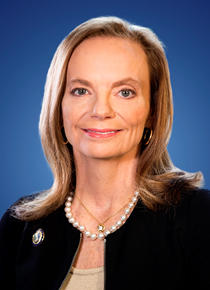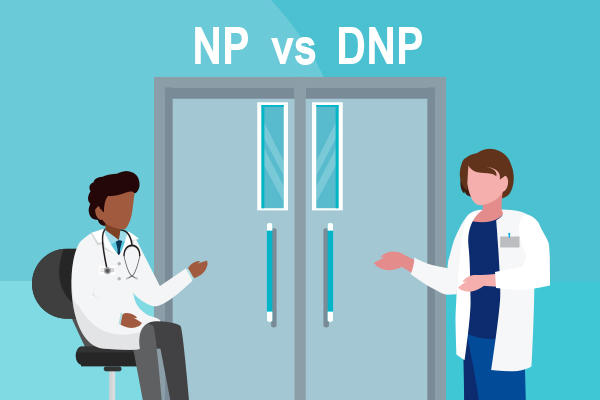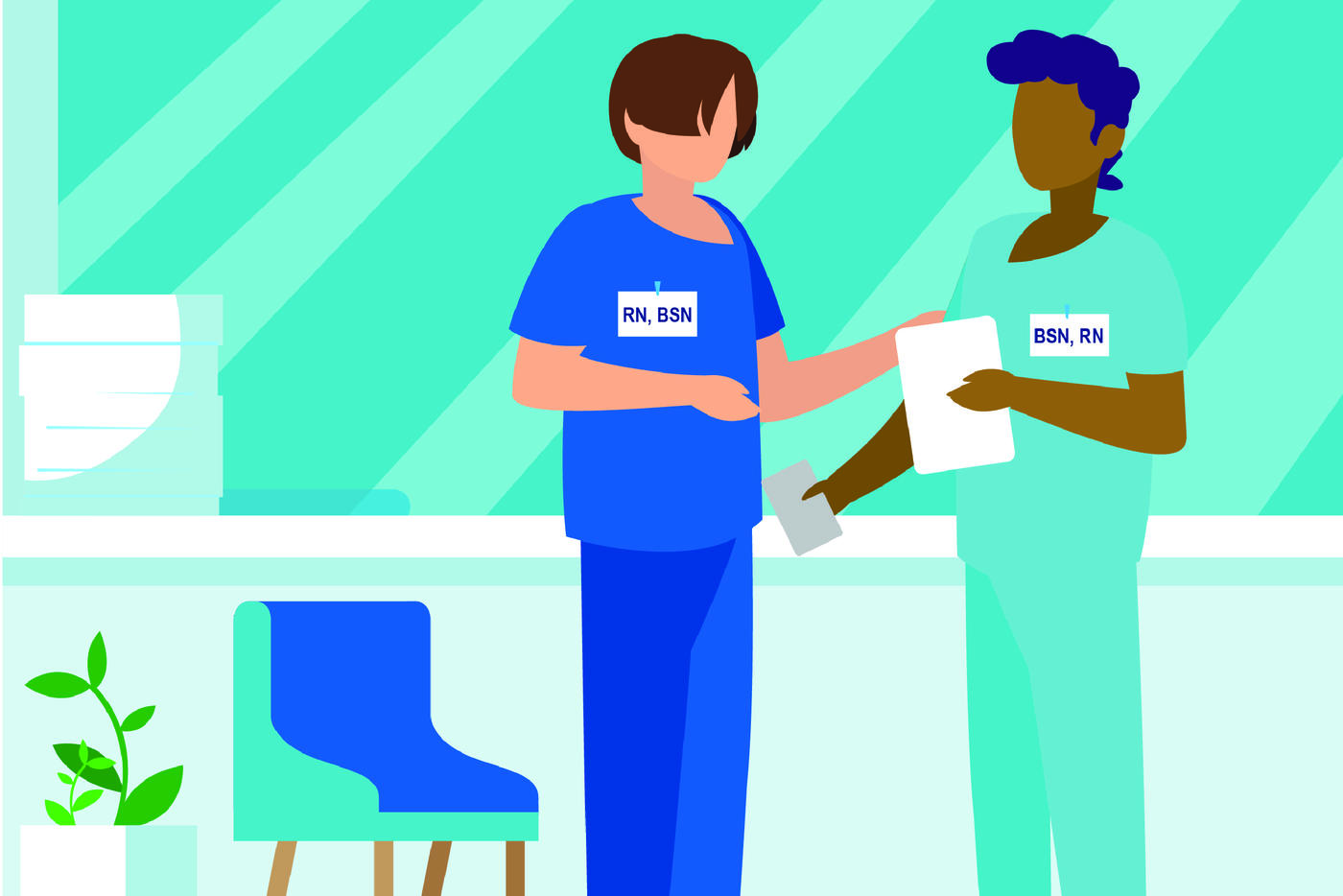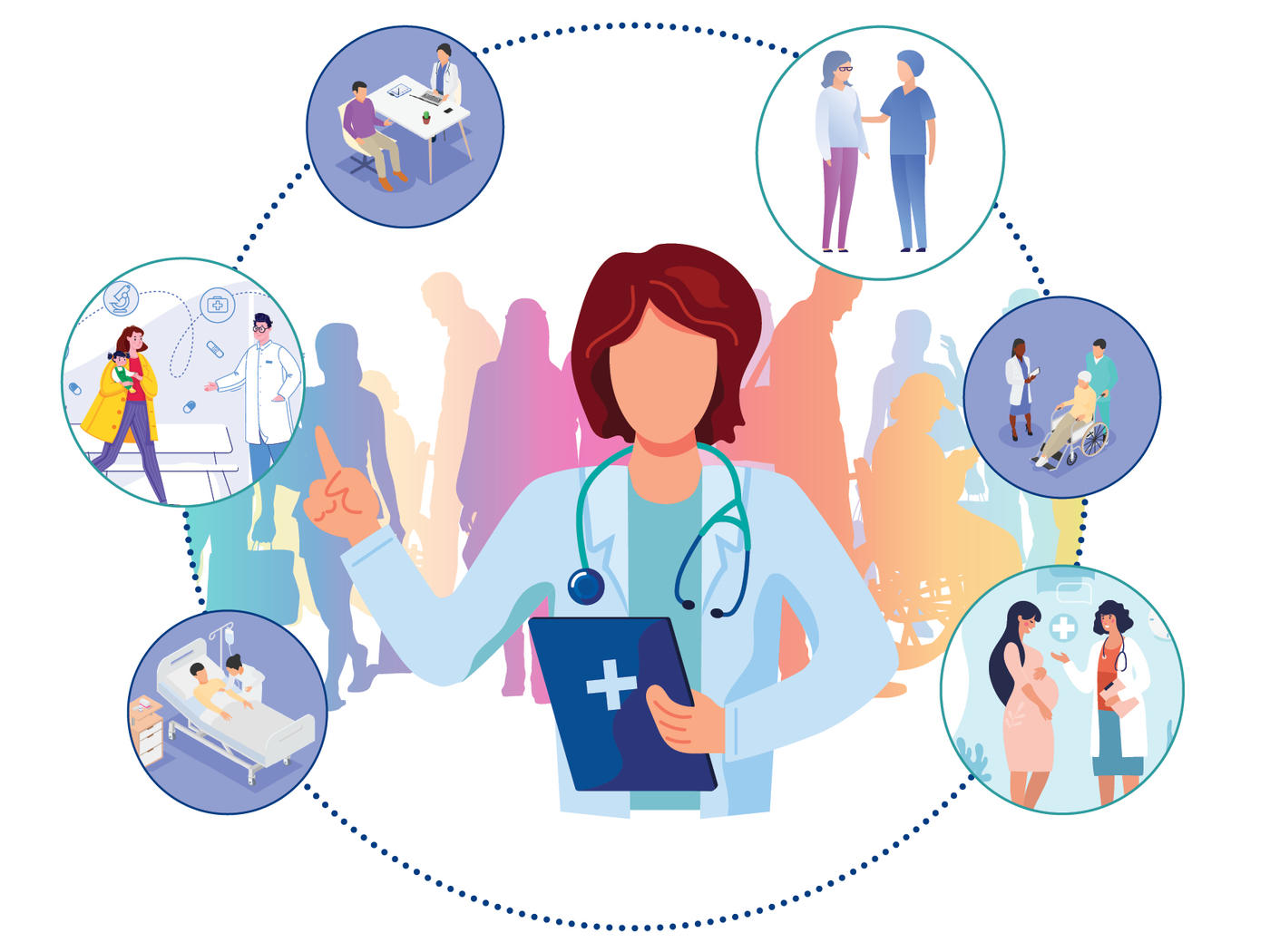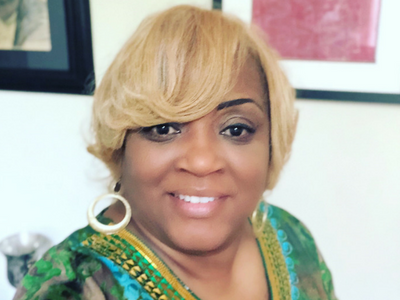Featured
Tags
Share
- Home / Blog / Nursing Today / Chamberlain Conversations – Educational Justice for All: A Roadmap Toward Progress
Chamberlain Conversations – Educational Justice for All: A Roadmap Toward Progress
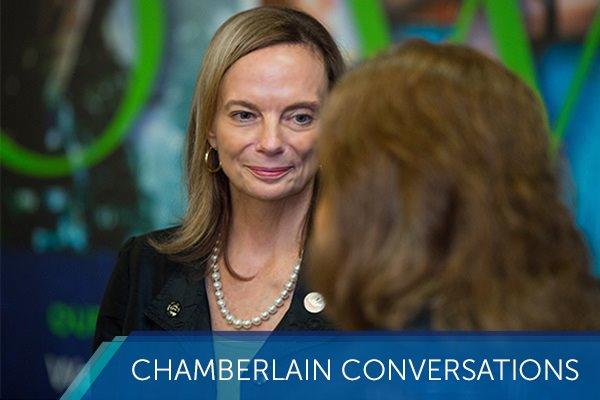
Students from low-income backgrounds and some racial and ethnic minority groups have traditionally been underrepresented in U.S. higher education. That’s changing, and many of the students are the first in their families to attend college. Unfortunately, first generation students often face impediments that make it difficult for them to complete their degrees. Many of them work, have long commutes to campus, or care for parents or children, and some also face language and cultural challenges. We’ve coined a term for these barriers — the Social Determinants of Learning (SDOL)™ — and created a framework to share the concept with others.
Last month, I got together with three of my colleagues to talk about how Chamberlain is addressing these barriers to promote educational justice for all. Carla Sanderson, PhD, RN, FAAN, is Chamberlain University’s provost, Kenya Beard, EdD, AGACNP-BC, CNE, ANEF, FAAN, is associate provost for social mission and academic excellence, and Linda Hollinger-Smith, PhD, RN, ANEF, FAAN, is associate provost for institutional effectiveness, accreditation, and research.
Carla: Having a special needs child in the public school system first alerted me to this issue. Many of his classmates did not have learning disabilities. They were in special education classes because they didn’t have the social support they needed to thrive academically. I had the privilege of designing and implementing a master’s degree in urban education to address the plight of K-12 students in Memphis, one of the poorest cities in America. I saw that through a concentrated effort to address the full needs of the child, learning outcomes for these children could be as good as those for students at any private school.
Kenya: Educational systems have conditioned us to believe that all roads originate and end with the need to change something about students. The social determinants of learning framework draws our attention to educational injustices instead. For example, students who come from under-resourced high schools may appear academically unqualified because they did not take pre-requisite courses, but this should never be equated with their intellectual capacity. That’s why we use a holistic admissions process that looks beyond grades and scores to the unique abilities of every individual student.
Care Connections
Karen: Traditionally, most efforts to support students focused solely on their academic needs, but research supports the idea that addressing social determinants of health and learning is also crucial in closing the achievement gap.
Linda: Absolutely. Studies report that only about a third of the factors that drive student success are academic in nature. Psychosocial factors, physical health, economic stability, the physical and social environment, and student motivation all influence student persistence — the ability to complete a program all the way through graduation.
Karen: And that’s why Chamberlain rolled out Care Connections at the start of 2020. How do you describe this initiative when you talk with your peers at other nursing schools?
Carla: Our students balance school with work and family. That’s not unusual anymore for college-age students, but it is our reality almost across the board. Care Connections helps them strategize their way through balancing work, life and school. The program also teaches our faculty tips for motivating student learning. Another care connection that we work to ensure occurs is a sense of belonging in our Bachelor of Science in Nursing (BSN) Degree Online Option. We created a virtual well-being café, where our Master of Social Work degree program students share resources with our BSN students. We also facilitate their getting certified as nursing assistants so their jobs can contribute to their learning in a significant way. We have more connections to make, but these are examples of what we’ve implemented to date.
Linda: We’ve also introduced mindfulness and resiliency into our first-year Introduction to Nursing course, and it’s already reached more than 8,000 students. Mindfulness supports student success by showing them the importance of self-care and self-awareness, and we found it significantly reduces students’ levels of stress. More than 61% of students indicated the mindfulness program reduced their stress. Additionally, students who participated in the mindfulness program reported significantly greater satisfaction with their courses and instructors relative to their greater ability to focus on their studies. As one student put it, “How are we supposed to take care of others, if we can’t find time to take care of ourselves?” This awareness is a skill they can carry into their careers. The Future of Nursing 2020–2030 Report also reports results from previous studies consistent with our findings, noting that mindfulness techniques may foster nurses’ well-being and stress reduction among other benefits.
Karen: We are also focused on aligning our work around educational justice and access with the National Academy of Medicine’s Future of Nursing 2020–2030 report and its call to advance health equity.
Carla: That’s right. We have committed ourselves to a project that is quite expansive: to reset our curricula across the university, in our social work and public health as well as nursing programs. We want students to be able to recognize and reconcile the inequities they encounter, and we want to equip them to do their part in addressing racism within health care. We want to graduate change agents.
We’re implementing a new required clinical experience for all our pre-licensure BSN students in the care of vulnerable populations. Our graduate nursing students in the health policy and population health tracks are being challenged to design collaborative experiences with cross-sector partners to reduce barriers to care. As for our doctoral students, we want the Chamberlain-prepared nurse leader to take up the mantle of functioning as a social architect in the work of fostering a culture of change and leading with courage.
Karen: For some of our students, this will dramatically expand their notion of what it means to be a nurse. We’ve always taught nurses to advocate for individual patients and their families at the bedside. That’s core to our profession, but we also want to prepare them to be advocates in the communities where they live. We don’t all have to run for the senate or be a governor to do that. Advocacy can happen wherever you are — at your child’s school, your grandchild’s school and other places in the community in which you find yourself.
Carla: We’re also modeling advocacy by supporting educational justice as an institution. A handful of states are considering disallowing the use of federal financial aid for developmental education courses. Major research studies show that placing students in developmental education (what used to be called remedial classes) is not helping increase college graduation rates.
Kenya: The idea behind developmental education courses was to give less prepared students access to college, but that policy created an injustice. The process was demoralizing, and many students used up their financial aid dollars before they could enroll in credit-bearing courses that would move them closer to a college degree. We’re taking a more futuristic and humanistic approach, enrolling students in college courses while also providing them with access to tutors and other support to ensure they succeed.
We have so many opportunities to advance educational justice—through our admissions policies, student support, curricular change, and federal policy. I hope more schools will join us in advocating to make higher education accessible to a more diverse group of students, and by implementing policies and practices that help them graduate and enter the workforce. We need their diverse perspectives to create a healthier and more equitable country.
Karen Cox, PhD, RN, FACHE, FAAN
President
More from Nursing Today
Request More Information
To receive the Chamberlain University Program Guide, including associated career paths, please select a program of study.




